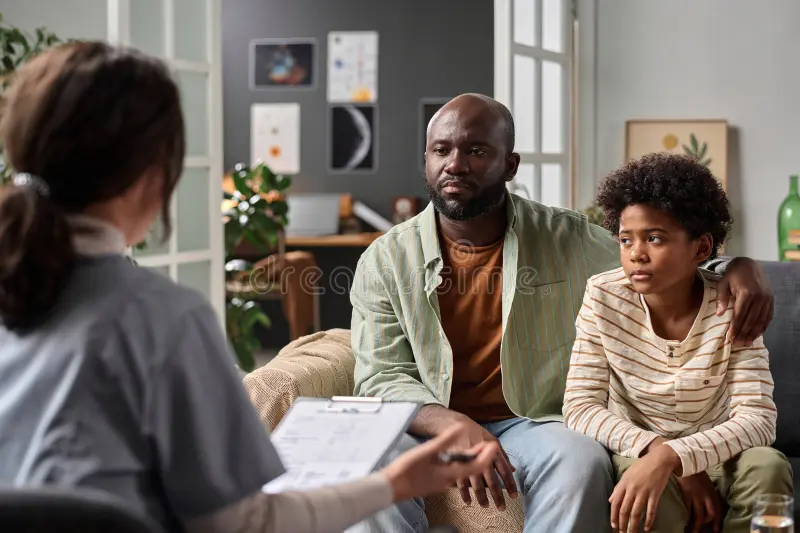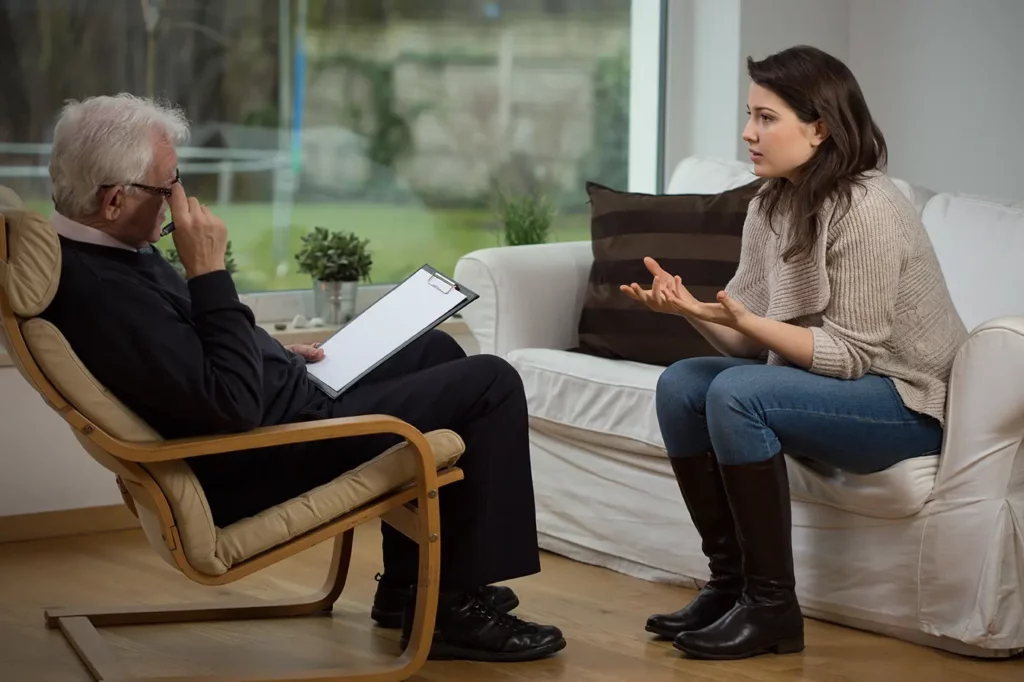24/7 Helpline:
(866) 899-221924/7 Helpline:
(866) 899-2219
Learn more about PTSD Treatment centers in Brandon
PTSD Treatment in Other Cities

Other Insurance Options

PHCS Network

WellPoint

Providence

Carleon

Optima
Beacon

MHNNet Behavioral Health

Self-pay options

UMR

Evernorth

Sutter

Molina Healthcare

EmblemHealth

MVP Healthcare

Meritain

Holman Group

Health Net

Optum

CareFirst

Magellan





Beacon House
Beacon House offer inpatient treatment for women with alcohol and/or substance addiction. The progra...

ARC Community Services For Women
ARC Community Service is a non-profit rehab located in Fond Du Lac, WI. ARC Community Services speci...

Blandine House
Blandine House is a non-profit rehab located in Fond Du Lac, Wisconsin. Blandine House specializes i...

The Blandine House
The Blandine House stands as a reputable substance abuse treatment center in Fond Du Lac, WI for men...

Aurora Behavioral Health Center
Aurora Behavioral Health Center is a private rehab located in Fond Du Lac, Wisconsin. Aurora Behavio...










































































Alcohol and Drug Abuse Resource
Alcohol and Drug Abuse Resource offers outpatient treatment for individuals with alcohol and/or subs...

Addiction Counseling Service
Addiction Counseling Service offers outpatient services for individuals struggling with chemical dep...

AA – Alcoholics Anonymous
AA – Alcoholics Anonymous is a non-profit rehab located in Fond Du Lac, Wisconsin. AA – Alcoholics A...

ARC Community Services
ARC Community Services is a twelve bed, community-based facility for adult female offenders with a 9...


































































